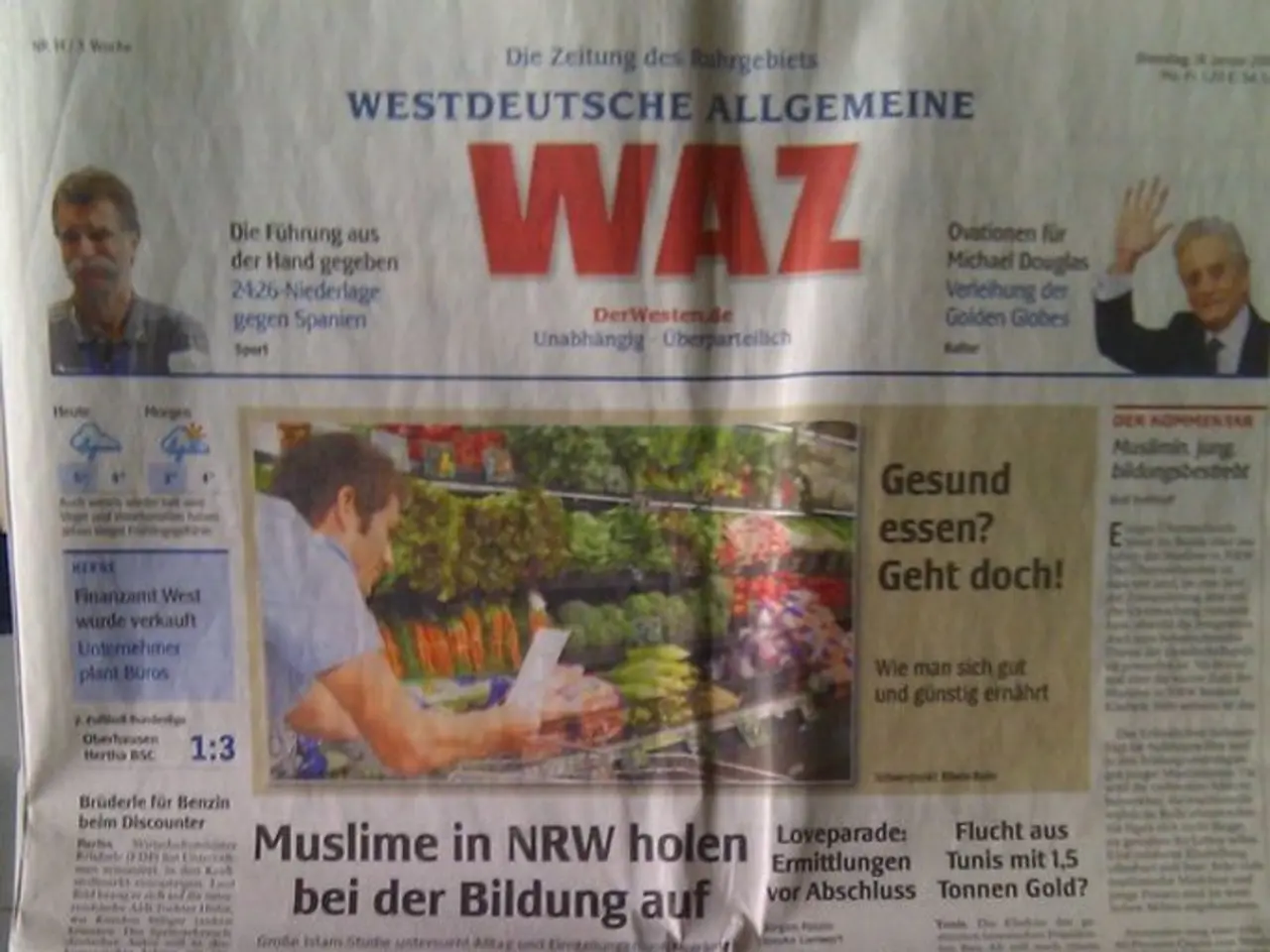International powers France, Germany, and the UK urge Iran to restart nuclear negotiations with the United States
The foreign ministers of France, Germany, and the UK (E3) have issued a warning to Iran, threatening to trigger the snapback mechanism under UN Security Council Resolution 2231 due to Iran’s ongoing violations of its nuclear commitments and halted cooperation with the International Atomic Energy Agency (IAEA).
The E3 met with Iran in Istanbul on July 25, 2025, marking the first nuclear talks since Israeli strikes on Iran’s nuclear program in June. However, little concrete progress was made, and the E3 warned that sanctions would be reinstated if Iran did not commit firmly to nuclear restrictions and renewed cooperation with the IAEA.
Iran suspended cooperation with the IAEA in early July 2025, citing the agency’s failure to condemn Israeli and US strikes on its nuclear facilities, complicating diplomatic efforts. The snapback mechanism, which allows the E3 to unilaterally restore all UN sanctions waived after 2015 if Iran is found to be in “significant non-performance” of its JCPOA obligations, can be triggered without a Security Council veto.
The E3 state that Iran has “blatantly” breached the nuclear deal since 2019, based on over 60 IAEA reports, and that trigger conditions for snapback, including prohibition on enrichment, are met. Iran’s leadership, however, rejects extensions of the snapback deadline and views any attempts to prolong the timeline as “rule-twisting” and unacceptable.
Talks are continuing, with the next scheduled meeting involving deputy foreign ministers in late August 2025. The E3 have made clear that Iran must engage immediately and produce concrete commitments to avoid sanctions.
If the snapback mechanism is triggered, comprehensive UN sanctions on Iran, including those on the nuclear program and related sectors previously lifted under the JCPOA, would be reimposed. This would also renew a ban on uranium enrichment and tighten nuclear restrictions, leading to increased international isolation and economic pressure on Iran.
However, Iran firmly opposes snapback and ceased cooperation with the IAEA partly in response to Israeli and US strikes. The snapback mechanism’s exercise could further destabilize the already fragile regional security environment and complicate broader diplomatic efforts.
The E3 proposed a limited extension to provide more time for talks aimed at concluding a new nuclear agreement, while maintaining the ability to reimpose sanctions to prevent nuclear proliferation. A senior IAEA official met with Iranian officials in Tehran, but the UN nuclear watchdog has not commented on the trip.
The accord, under which Iran agreed to strict limits on its nuclear activity in return for sanctions relief, has been in a state of collapse since US President Donald Trump unilaterally abandoned it during his first term. Iran's foreign minister Abbas Araghchi told the FT that the E3 have no "legal or moral grounds" to implement the snapback mechanism.
The E3 have to decide whether to invoke snapback a month before crucial clauses of a 2015 nuclear deal between Iran and the E3, the Obama administration, Russia, and China expire in October. The letter comes two months after the US and Israel struck nuclear sites in Iran.
- The ongoing war-and-conflicts in the Middle East, specifically the tensions between Iran and the E3 (France, Germany, and the UK), continue to dominate politics and general news, with both parties seeking resolution through policy-and-legislation, such as the snapback mechanism under UN Security Council Resolution 2231.
- The future of Iran's nuclear program and its relations with the E3 are heavily influenced by policy-and-legislation, particularly the snapback mechanism and the JCPOA (Iran nuclear deal), as well as recent events like Israeli strikes, which have increased regional instability and complicated broader diplomatic efforts.







